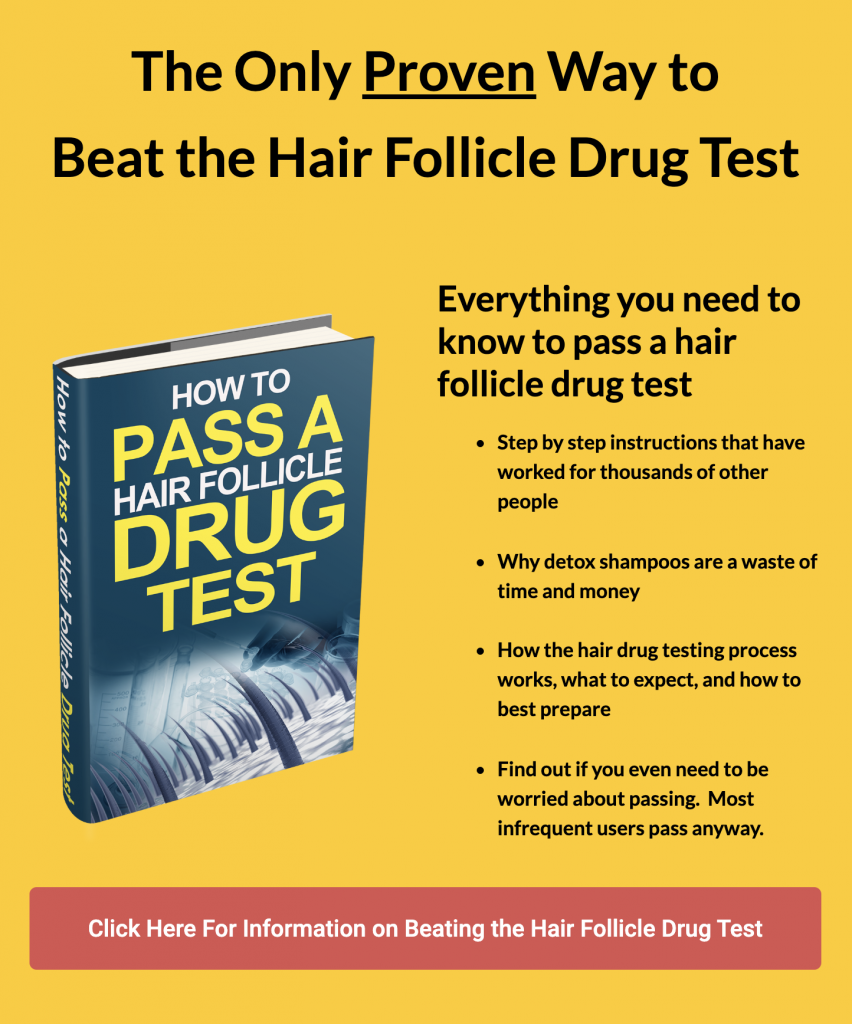A really bizarre drug testing case has come out of Connecticut recently. In the case of Schofield v. Loureiro Engineering Associates, Inc., the courts have found that Connecticut drug testing laws only apply to urinalysis testing and not to hair follicle drug testing.
Actually, the fact that the state offers any protection was somewhat of a surprise. Apparently, Connecticut has some interesting laws on the books.

Learn How to Pass a Hair Follicle Drug Test
There is only one hair treatment method that has consistently produced "Passes" on the hair drug test and we want to show you how you can pass your test too.
Connecticut General Statutes §31-51u
Prohibits an employer from making any personnel decision based solely on the results of a urinalysis drug test. The statute stipulates that an initial positive test but be confirmed by a second urinalysis test.
Connecticut General Statutes §31-51x
Prohibits an employer from requiring an employee from submit to a urinalysis test unless their is reasonable suspicion that the employee is under the influence of drugs or alcohol.
Schofield’s downfall was in the fact that, as written, the laws specifically only exclude urinalysis tests. Saliva, blood, and hair follicle drug tests do not seem to be covered by these statutes.
The court states that “the logic of plaintiff’s position is readily understood and the seemingly irrational inconsistency which flows from disparate protections [of the statutes] made evident in this opinion are undeniable.” The court went on to say that the law needs to be rewritten.
Obviously, the intent of the the Connecticut drug test laws is to protect employees from unreasonable demands from employers. However, the way that the lawmakers wrote the language of the law too narrowly defined the method of testing which opened up the door for Schofield’s employer to bypass the spirit of the law.
One would have to dig a little deeper into the laws but it seems reasonable to assume that the primary method of drug testing at the time was urinalysis and the lawmakers who wrote the bill did not foresee other types of drug testing becoming commonplace.
While certainly unfortunate for Schofield, it is heartening to see that some states have at least attempted to put some sort of limits on employment drug testing.
The overwhelming majority of drug tests administered in the work environment are entirely unnecessary. Barring an employee coming to work intoxicated, the vast majority of jobs that drug tests are administered for are in no way impacted by drug use on the employee’s free time.
Connecticut’s drug test laws, though obviously flawed, are a step in the right direction. No drug test lab should be judge, jury, and executioner. While most drug test labs have a good record in terms of providing accurate analysis, they’re not perfect. Requiring the employer to get a second positive test result would all but eliminate the chance of a false positive.
Similarly, Connecticut’s drug test laws are right in protecting employees from overly invasive employers. Unless the employee has given cause for there to be a reasonable suspicion that they are intoxicated while on the job, employers should be prevented from fishing into the personal lives of their employees via drug tests.
Hopefully, lawmakers in Connecticut will revisit the existing statutes and update them to incorporate the other forms of drug testing now available.

